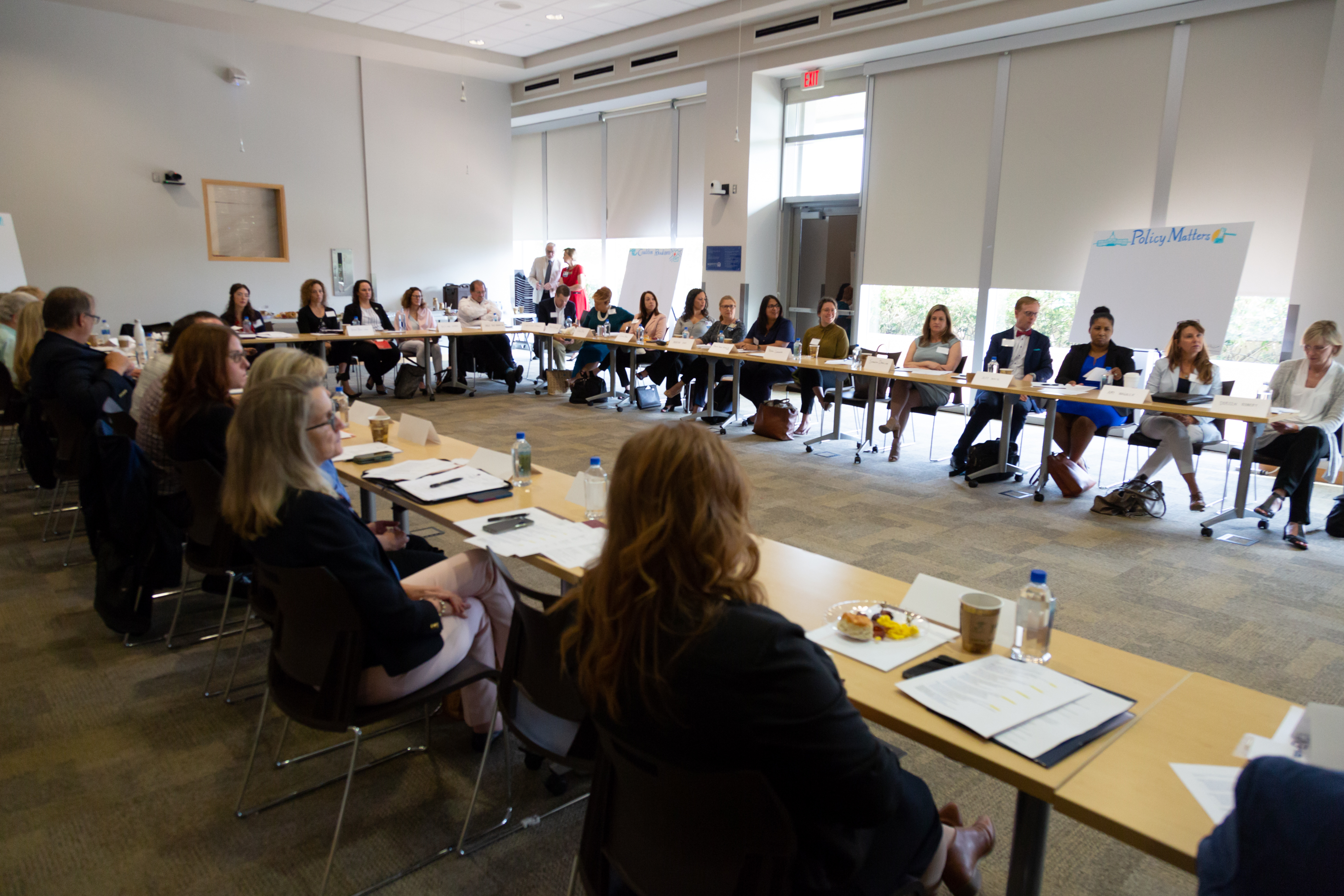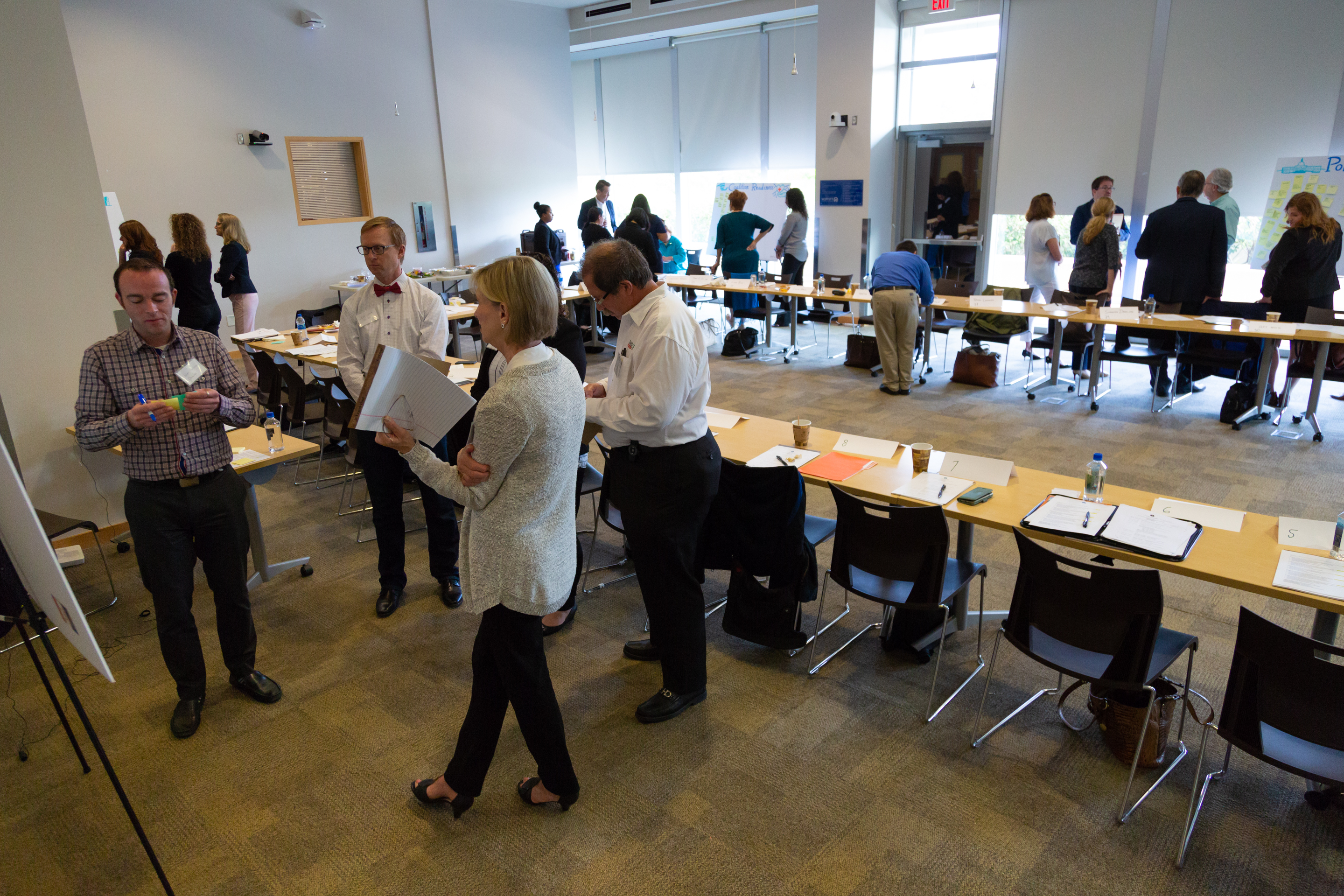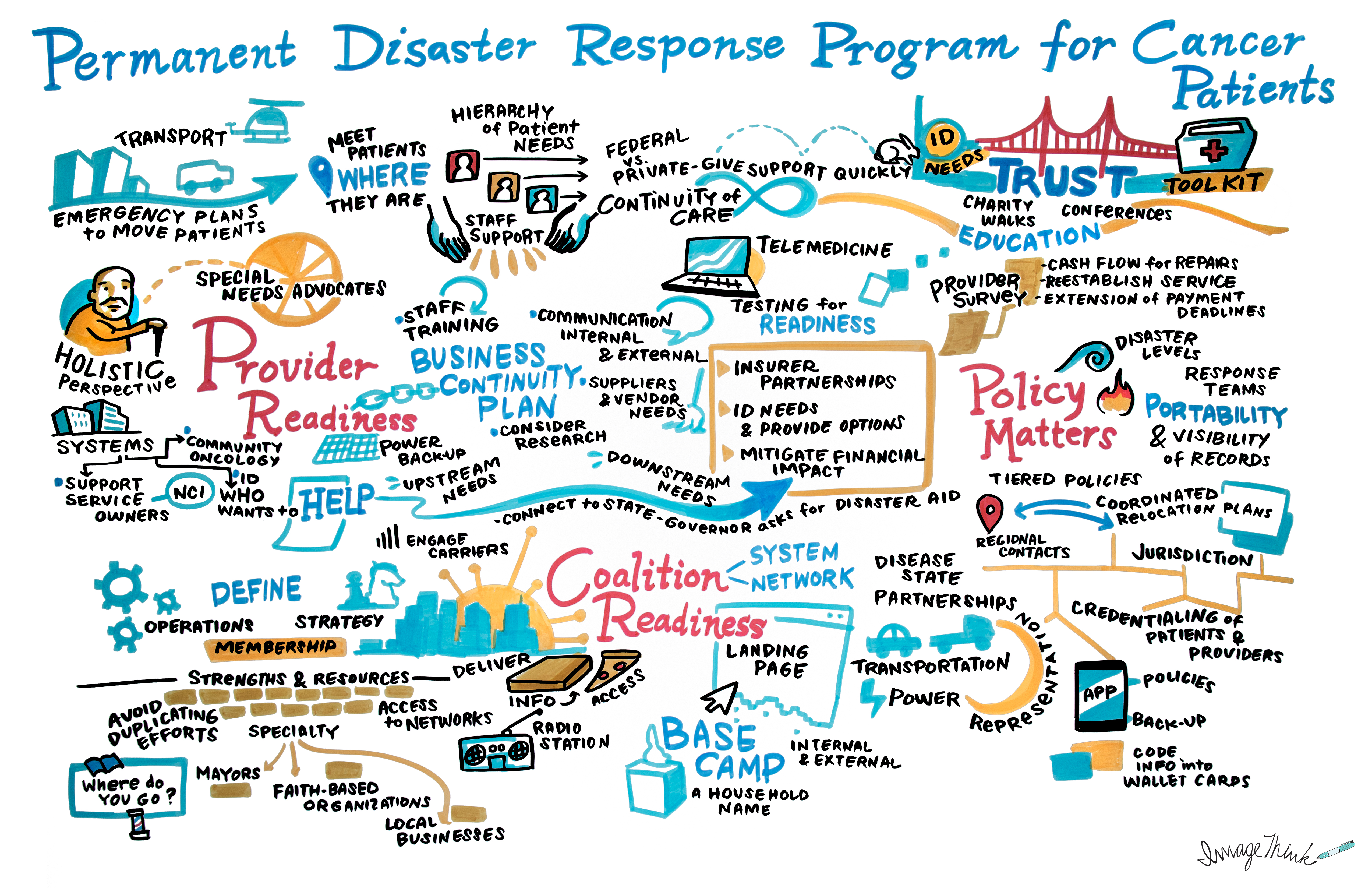CancerCare Convened Stakeholder Meeting to Begin Creating Model Disaster Preparedness and Response Program for Cancer Patients and Providers
 I joined CancerCare last fall and immediately began working on a multi-stakeholder disaster response program for cancer patients. The first order of the day was to call individuals who had been involved in assisting patients in past disasters to learn what their organizations had done, to understand the challenges faced by cancer patients in the wake of a disaster, and to hear ideas on how we might jointly work on those challenges in the future.
I joined CancerCare last fall and immediately began working on a multi-stakeholder disaster response program for cancer patients. The first order of the day was to call individuals who had been involved in assisting patients in past disasters to learn what their organizations had done, to understand the challenges faced by cancer patients in the wake of a disaster, and to hear ideas on how we might jointly work on those challenges in the future.
Not surprisingly, what I was told varied based upon each organization’s mission and the specific role of the person with whom I was speaking. However, there was always a poignant story about patients. How vulnerable some of these patients were, even prior to disasters taking place. How difficult it was to find cancer patients after a disaster, but also how diligently and creatively providers worked to do that very thing. Further, there was often a common theme brought up by my interviewees as we concluded our calls: let’s not allow the 2017 storms in Texas, Florida, and Puerto Rico to be forgotten, as cancer patients in these storms suffered far too much.
These interviews, a review of past CancerCare disaster response services, and a patient survey led up to a meeting on May 15, 2019 convened by CancerCare and hosted by the Moffitt Cancer Center in Tampa, Florida. There were 18 premier oncology and other organizations involved in disaster response in attendance, with some organizations sending several representatives.

The day was exciting, exhilarating . . . .and exhausting! After a warm welcome from Dr. Robert Keenan (Moffitt’s VP of Quality and Chief Medical Officer) as well as Trish Goldsmith (CancerCare’s CEO), the participants introduced themselves and I provided some general information regarding how the day would unfold.
Then we were off and running with groups of five to six individuals each at five different easels. Each easel addressed one of our major themes of the day: patient identification, patient readiness, provider readiness, coalition readiness, and policy. Each group had a scribe jot down their ideas about the challenges in the area and how they might be addressed. After a short while at a given easel, “time up” was called by our timekeeper and the groups were sent off to the next easel for more brainstorming.
Whichever group was at the last of its five easels volunteered a spokesperson to address the subject at hand during a report out on each of the five major themes. These report outs weren’t designed to “talk at” the meeting participants, however. The idea was for the larger group to go even deeper in brainstorming what we could collectively do about the ideas raised.

As Lilly Lam from ImageThink listened to the meeting participants speak during the report outs, she compiled the themes in a graphic representation. It was a fun and impactful way of seeing the ideas that the meeting participants raised come to life.
The day also included a presentation by consultant Scott Berg from Rockman et al outlining best practices in disaster preparedness and response efforts. It was especially helpful for the group to see the good work already being done on behalf of patients with kidney disease and diabetes that we can build upon and tailor for cancer patients.
What’s up in the immediate future for the participants at the May 15th stakeholder meeting? CancerCare plans to survey each of the meeting participants regarding their top priorities for the future and request volunteers for working groups regarding the priorities that are established. However, there’s much, much more to come!
Finally, a shout-out to the Bristol-Myers Squibb Foundation and the Merck Foundation, both of which made our May 15th meeting – and this project – possible.
Participating Organizations:
American Cancer Society
American Society for Radiation Oncology
American Society of Clinical Oncology
Association of Community Cancer Centers
Direct Relief
Florida Blue
Florida Society of Clinical Oncology
Harvard Law School
Leukemia & Lymphoma Society
Medical Oncology Association of Southern California, Inc.
Migrant Clinicians Network
Moffitt Cancer Center
National Cancer Institute
Oncology Nursing Society
Partners HealthCare
Transcita
UnitedHealthcare Community Plan of Texas
US Department of Health and Human Services

Comments